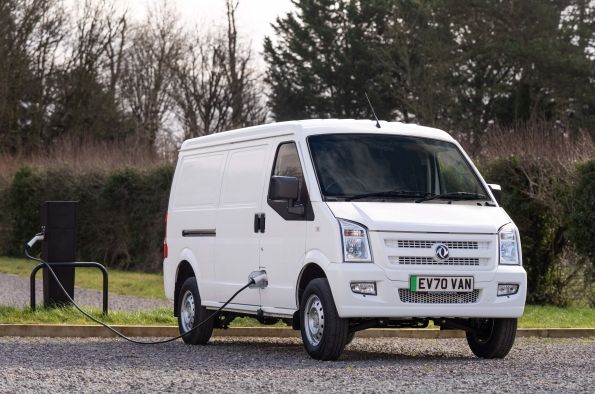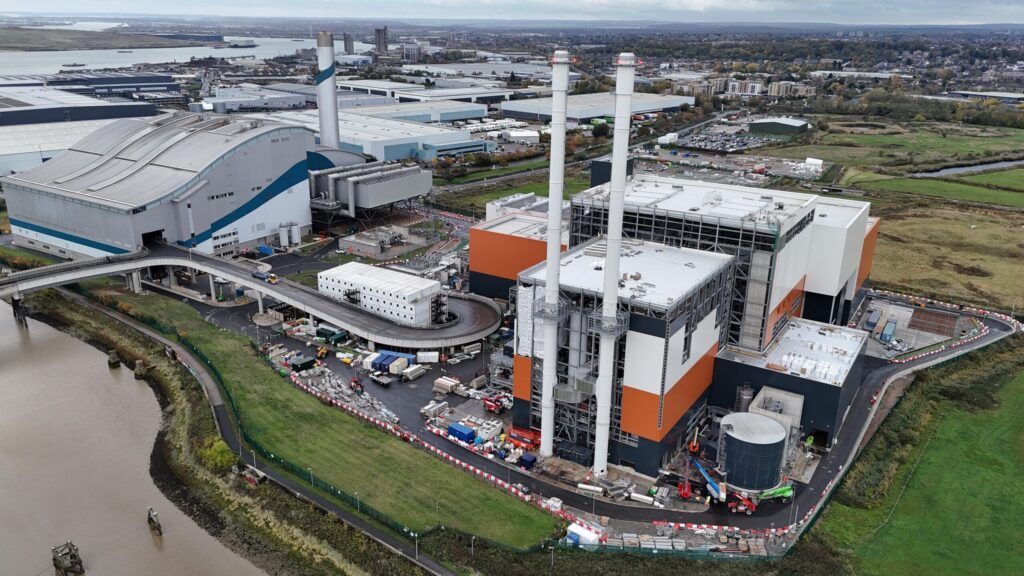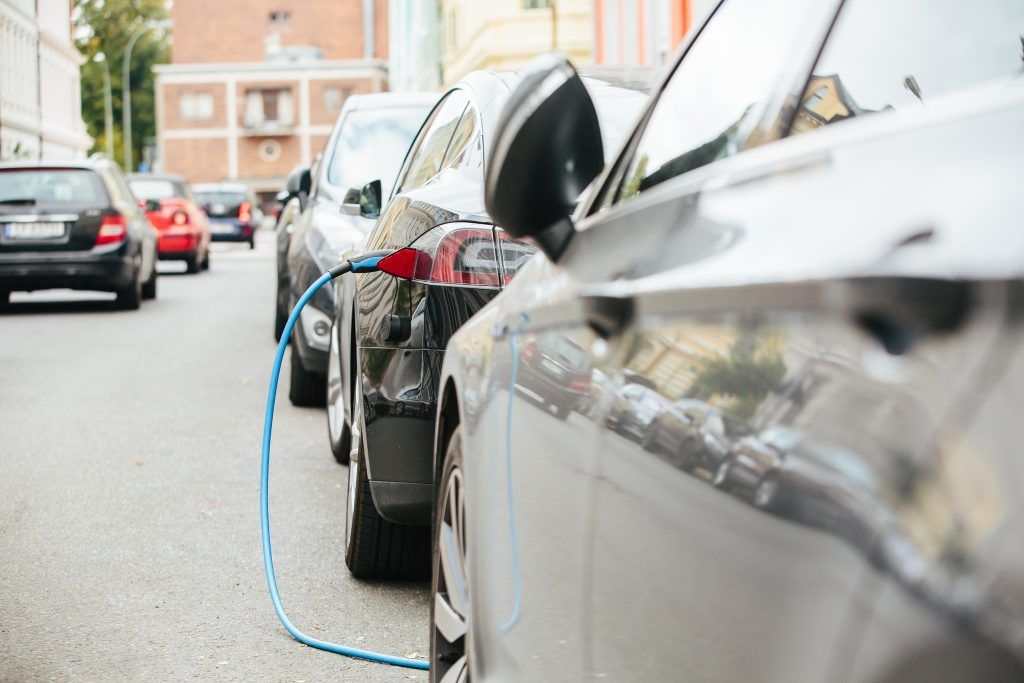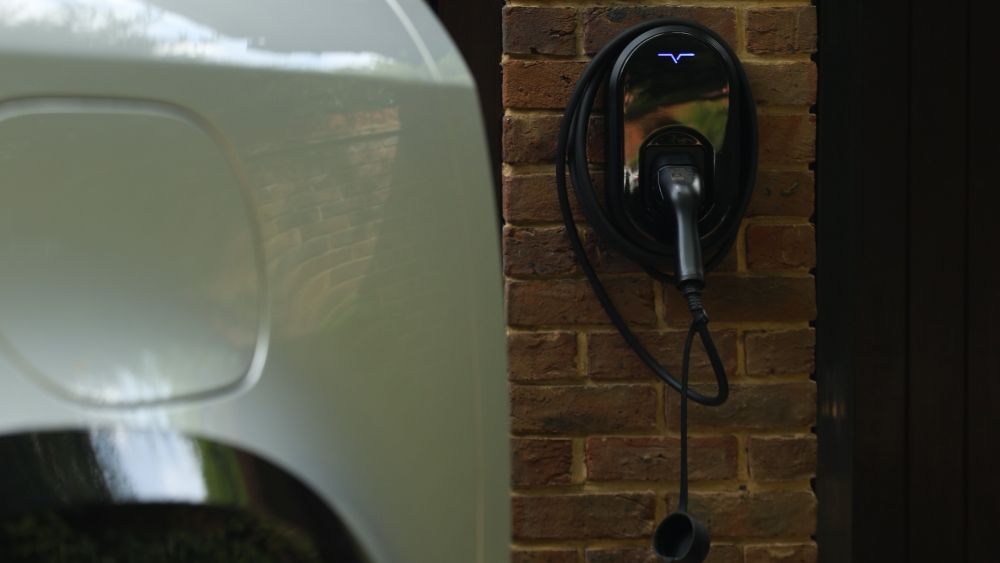The Government has extended the availability of its Plug-in Van and Truck Grants for a further two years, meaning that the purchase of thousands of greener vans and trucks will be supported until at least 2024/25.
Last year, industry figures showed the UK had the highest number of plug-in electric vans sold in Europe and there were around 4 times as many grant applications compared to 2020.
Existing grants have supported the purchase of more than 26,000 electric vans and heavy goods vehicles (HGVs) across the UK since the programme launched in 2012.
With nearly 5% of the UK’s CO2 emissions currently coming from vans, the 2-year extension to these grants and the switch to greener vehicles is essential to support the government’s climate change and air quality commitments.
Transport Minister Trudy Harrison said: ”When it comes to clean business, this government means business. We are backing a generation of green growth for our thriving fleet sector.
“As demand for electric vehicles continues to grow at speed, this extension to our grant scheme will allow tens of thousands more vans to be purchased, transporting goods in a way which is kinder to our environment. This will support our vital, ongoing work to clean up our air in towns and cities right across the country and build back greener.”
Government grants for electric vans and trucks has helped kickstart the market, which now offers more than 30 models of electric vans and trucks which qualify for such schemes.
The government has committed £2.5 billion to vehicle grants and chargepoint infrastructure to support the transition to zero emission vehicles to date, and plug-in vehicle grant schemes have supported the purchase of over 450,000 ultra-low emission vehicles across the UK – including more than 300,000 zero emission vehicles.
As well as the extension to grant schemes, the government has also announced it will continue to allow drivers holding standard car driving licences to drive electric goods vans at a higher weight limit, up to 4.25 tonnes (compared to a 3.5 tonne limit for diesel vans).
This takes into account the additional weight of electric vehicle batteries and makes it easier for businesses and drivers to make the switch.
To ensure funding and taxpayers’ money goes where it’s really needed and supports the transition to zero emission vehicles, eligibility criteria for existing plug-in vehicle grants will also be recategorised from the spring with a focus on heavier vehicles.
From 1 April 2022, the threshold to claim the small truck grant of up to £16,000 will be increased from 3.5 tonnes to 4.25 tonnes. Vans up to 4.25 tonnes will be able to claim the large van grant of up to £5,000.
With the increasing number of large vans on the market, the move will ensure government targets support where it’s most needed, allowing for heavier and more costly trucks, up to 12 tonnes, to benefit from the higher grant funding.
Industry reaction:
The BVRLA has welcomed the announcement.
Commenting on the news, BVRLA Director of Corporate Affairs, Toby Poston said: “This good news comes at the perfect time for the fleet industry as it struggles with rising operating costs and global shortage of electric vans.
“The two-year extension on the grant will enable van operators to plan their fleet upgrades with greater confidence. This prolonged van grant was a key pillar of the ‘Van Plan’ that the BVRLA launched last year and we are delighted that the Government has responded to our campaign.
“The electric van market continues to lag behind the electric car market and next year was not the time to remove this vital grant. As the funds available to support the transition to zero emission diminish, we support the Government’s pragmatic steps to focus on sectors that need the most help in the build up to the 2030 phase-out.”
Electric van expert and owner of EV Essentials, Paul Kirby, said: “Today’s news from government provides certainty in regards to both the grants for electric vans and the dispensation regarding higher weight vehicles and B category licences is excellent. The specific focus on the sector should provide companies with the confidence they need to make the move and ultimately support the acceleration of the transition to zero emission vans.”
Denise Beedell, Public Policy Manager at Logistics UK, commented: “Given the current pressures on public finances, Logistics UK is pleased to see the government has heeded our calls to provide support to help the van sector meet net zero targets, and that the level of funding within this announcement demonstrates a clear recognition of the importance of this essential sector.”
The government’s announcement includes a decision to continue the Category B licence derogation for alternatively fuelled vehicles, which allows vans of this type with a Gross Vehicle Weight (GWV) of up to 4.25 tonnes to be driven on a standard car driving licence, compared to a 3.5 tonne limit for diesel vans, recognising the additional weight of the batteries.
Ms Beedell addss: “The derogation is seen by van operators as a vital measure to support the decarbonisation of the van fleet; it will give commercial vehicle operators confidence in investing in zero emission technology. This announcement also should encourage more training providers to offer the compulsory five-hour training course required to be fully compliant before driving using the derogation.
“Logistics UK is pleased that the Plug-in Van Grant will be extended to at least 2024/25; this certainty will help to support business planning for van operators. Although the amount of individual grants payable per van over 3.5t has reduced from £16,000 to £5,000, this reclassification within the grant thresholds means that operators purchasing alternatively fuelled vans up to 4.25t will now be eligible for up to one thousand plug-in van grants per year, instead of only 25 plug-in truck grants.”
Jacob Roberts, Transport Policy Manager at the Association for Renewable Energy and Clean Technology (REA), said: “With the majority of vans being fuelled by diesel, transitioning to electric vans is essential, not only to decarbonise road transport, but to protect businesses against rising fuel costs and dependencies on imported fuels too.
“For this reason, we are delighted that the Government has committed to extend the plug-in van grant for at least two years. Combined with the expansion of funding available to support businesses to install charge points at their places of work, this will allow more businesses to access the benefits of zero-emission vans.”
Image: courtesy Innovation Automotive











